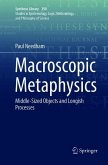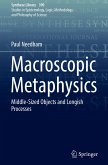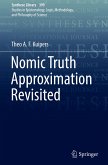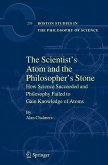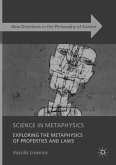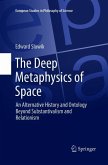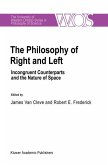This second edition of Macroscopic Metaphysics develops a theory of the modal features of quantities of matter based on their states and possible processes transforming these states and is extended to accommodate modalities introduced in an earlier chapter dealing with individuals. The theory of spatial regions is amplified with the introduction of notions of size and shape in terms of congruence relations based on greater than relations between regions and angles. A major theme of the first edition of the book was the primacy of processes and continuants with the latter divided into quantities of matter and individuals, and biological organisms were the prime exemplars of the latter. A recent challenge to this view posed by processual biology, which would reduce biological organisms to processes, is met by marshalling the underlying metaphysics of chemical processes developed in earlier chapters in an extended critique. The addition of the new material strengthens the original project of bringing together traditional metaphysical issues concerning the nature of matter and the philosophy of science, and chemistry in particular.
"The book will be appreciated mainly by specialists working in the area of formal ontology. The historical sections are valuable for historians of science who seek to know how fundamental ancient views on key concepts like substance, process, element and compound, have developed to arrive at the semantic role they have today." (Louis Caruana, Gregorianum, Vol. 100 (2), 2019)
"This is an excellent book, hugely well-informed about its subject matter and taking a strongly independent line on issues at the heart of much contemporary metaphysics. ... this is an excellent book, enormously informative and absorbing ... It certainly should be on the reading list of anyone interested in anything related to macroscopic metaphysics." (Harold Noonan, Notre Dame Philosophical Reviews, ndpr.nd.edu, May, 2018)
"This is an excellent book, hugely well-informed about its subject matter and taking a strongly independent line on issues at the heart of much contemporary metaphysics. ... this is an excellent book, enormously informative and absorbing ... It certainly should be on the reading list of anyone interested in anything related to macroscopic metaphysics." (Harold Noonan, Notre Dame Philosophical Reviews, ndpr.nd.edu, May, 2018)


